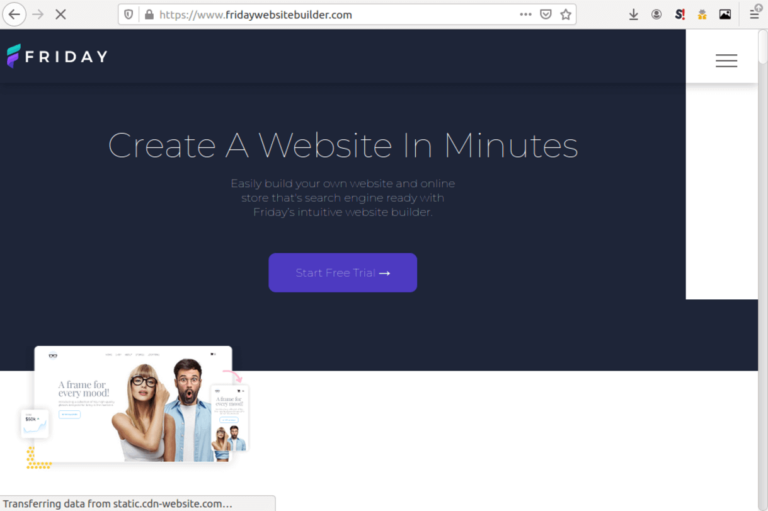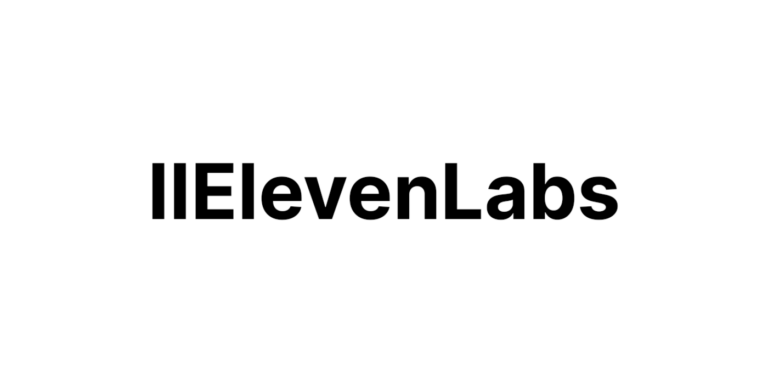10 Best Content Management Systems (CMS) in 2025
Ready to publish your content on the web but not sure which tool to use? Check out this list of the Internet's top 10 content management systems
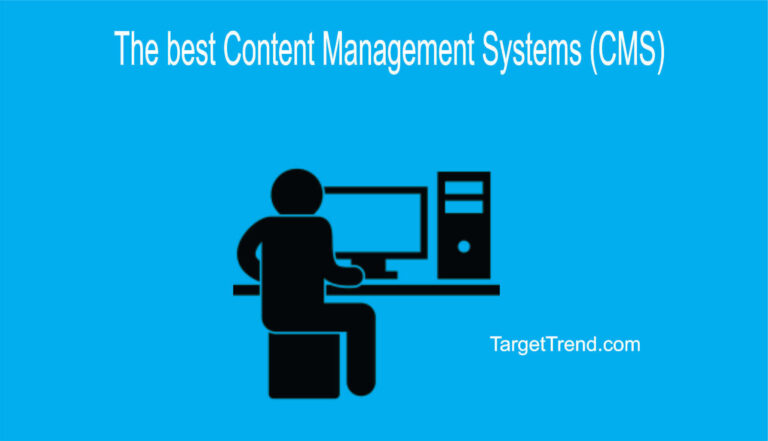
Content Management Systems (CMS) make it easy to publish and maintain content on the web, and this includes everything from personal homepages to shopping carts and blogs.
Web content creation used to be a tedious task that required minimal HTML knowledge. But with content management systems, things have gotten easier. So, everyone and his grandma can now publish on the internet.
If you are also itching to put your content out there, but you are wondering which tool will be the most useful, then this list of the top 10 content management systems is for you.
Top Content Management Systems (CMS)
| Name | Content-Type | Price | Language | Website | |
|---|---|---|---|---|---|
| 1. | WordPress | Blog, E-Commerce, website | Free | PHP | wordpress.com and wordpress.org |
| 2. | Shopify | E-Commerce | $29-$299/month | N/A | shopify.com |
| 3. | Joomla | Website | Free | PHP | joomla.org |
| 4. | Drupal | Website | Free | PHP | drupal.org |
| 5. | Magento | E-Commerce | Costly | PHP | magento.com |
| 6. | Wix | Website | Freemium | JavaScript | wix.com |
| 7. | Squarespace | Website | $12-$40 / month | N/A | squarespace.com |
| 8. | Movable Type | Blog | Free / Proprietary | Perl | movabletype.com |
| 9. | Weebly | Website | Freemium | PHP /JS | weebly.com |
| 10. | Magnolia | Website | Costly | Java | magnolia-cms.com |
1. WordPress
Best Overall

WordPress is probably the world’s most popular content management system as it is the number #1 blogging platform on earth. It is very easy to use and is both available online and as a download to host on your own.
On wordpress.com, you can easily create a website with static pages or a blog in a few minutes, complete with a personalized layout and themes to match.
It is a Freemium offer, so there is a free basic package that has ads on it. Then, there are premium plans that work without ads and additionally let you host the website with your domain of choice.
The main CMS is open source which you can find at WordPress.org. It is free to download and use.
You can choose to install and run WordPress on your server, in which case, you will use the hosted version. The good news here is there is no limit to the plugins, tweaks, themes, and extras out there that you can add to your installation.
However, the best way to use WordPress is to use Web hosting companies. The best web hosting company that can help you get started with WordPress is Kinsta. If it is too expensive, then you can use Bluehost for starters and change when traffic grows.
2. Shopify
Best for E-commerce

For those into e-commerce, Shopify is probably the best answer as it has beaten most traditional and usually free e-commerce packages, such as osCommerce.
Shopify makes it easy for anyone to create and manage an online store, complete with landing pages and a blog, all without knowing how to code.
You can add products, update the products, add different attributes like color and weight, and additionally manage your shop’s inventory, all from the comfort of a well-designed and easy to understand interface.
It comes at a price though, starting from $29 for the basic account up to $79 and $299 per month for Advanced users.
3. Joomla
Best for Complex Content
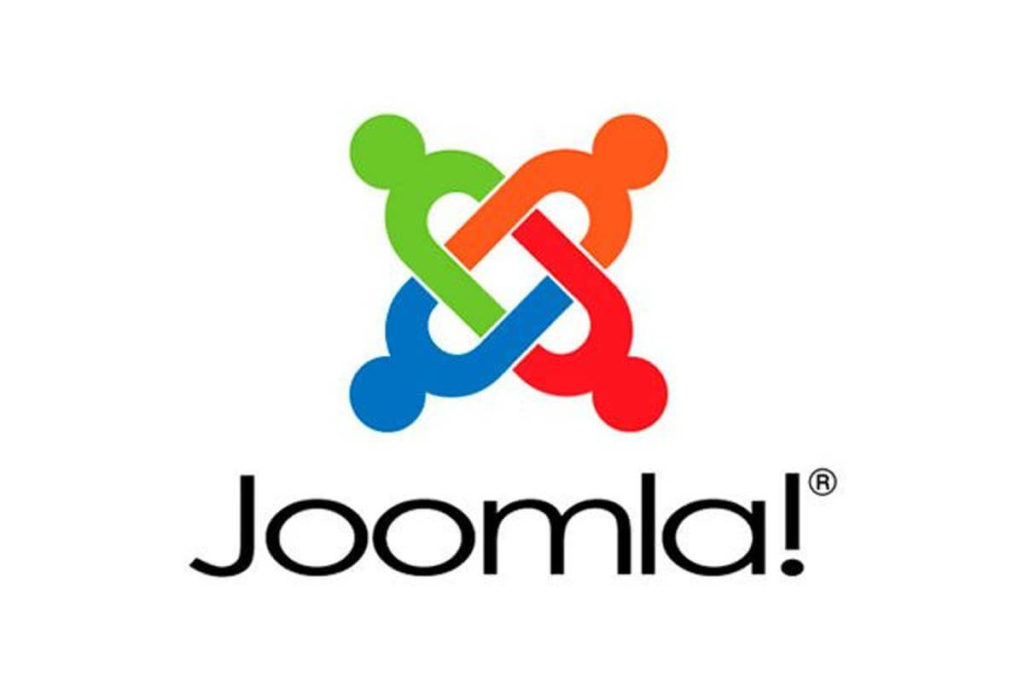
If you want a CMS with more options or that simply lets you do more than is possible with WordPress, then Joomla might be a good candidate to consider.
It lets you create blogs, membership websites with Google & OpenID authentication, and even e-commerce websites for free. The only catch here is that you may need to have a higher than average understanding of PHP and related technologies.
Else, it is open source and comes with a lot of community support, so you will probably enjoy putting in some work to customize it to your taste.
Many prominent companies use Joomla for a variety of tasks, so there is a lot you can do with it. But be warned that Joomla is simply overkill for building a simple website. It is best for more complex projects.
4. Drupal
Best for Security

Drupal offers you the same freedom of content development that Joomla offers, but it adds one thing on top, and that is security. So, if you are considering a highly-secured CMS for your complex website, then Drupal might be it.
The package comes with user access control, database encryption, DDoS protection, and many other security features that make it the number #1 choice for large and high-profile organizations.
Keep in mind, however, that more coding expertise is needed if you want to successfully manage a Drupal site because things can get complicated, as large and complex websites often are.
5. Magento
Best for Advanced E-commerce

E-commerce users who want more than Shopify can offer will find Magento attractive. It started as an open-source community software package but has grown into a multi-billion dollar company.
Magento is available in three versions: The first is the open-source version, which will continue to be free and open-source. The second version is Magento Commerce, which is a platform-as-a-service offering. And the third is Magento Commerce (On-Premises), which is the self-hosted commercial version.
The two commercial versions are not free like the open-source version, but they come with more features and functionality, which make them very attractive, even to large companies.
6. Wix
Best Ease of Use

If you are not technically inclined, but you want to build a unique website that is more than just a WordPress blog, then Wix might be the tool you need.
It offers you the ability to create a professional website using just its drag-and-drop editor. There are also hundreds of templates to choose from, automatic backups, and a searchable knowledge base to help you along the way.
Wix offers a Freemium model with a free basic plan and premium ones starting from $14. This makes it perfect for all kinds of professionals and small business owners, who may wish to personally create and manage their websites.
7. Squarespace
Best in Aesthetics
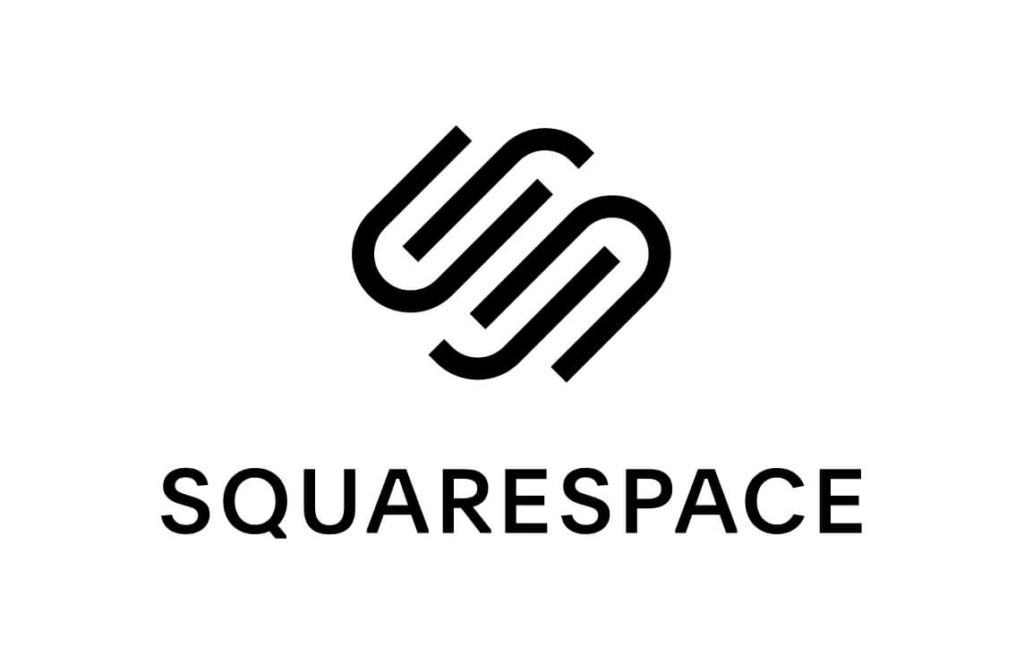
Those who care more about looks than functionality might like what Squarespace has to offer. Designed for simplicity and ease of use, it is equally very customizable with lots of options to choose from.
You can choose from many professionally designed themes and templates to give your website that top-of-the-line look, plus it is all done by simple drag and drop. And if you like, you can also switch to the editor and do things your way.
It is not free, however, but it is not costly either. Plans start at $12 per month and you get a 2-week trial to see if you like it.
8. Movable Type
Best Perl Platform
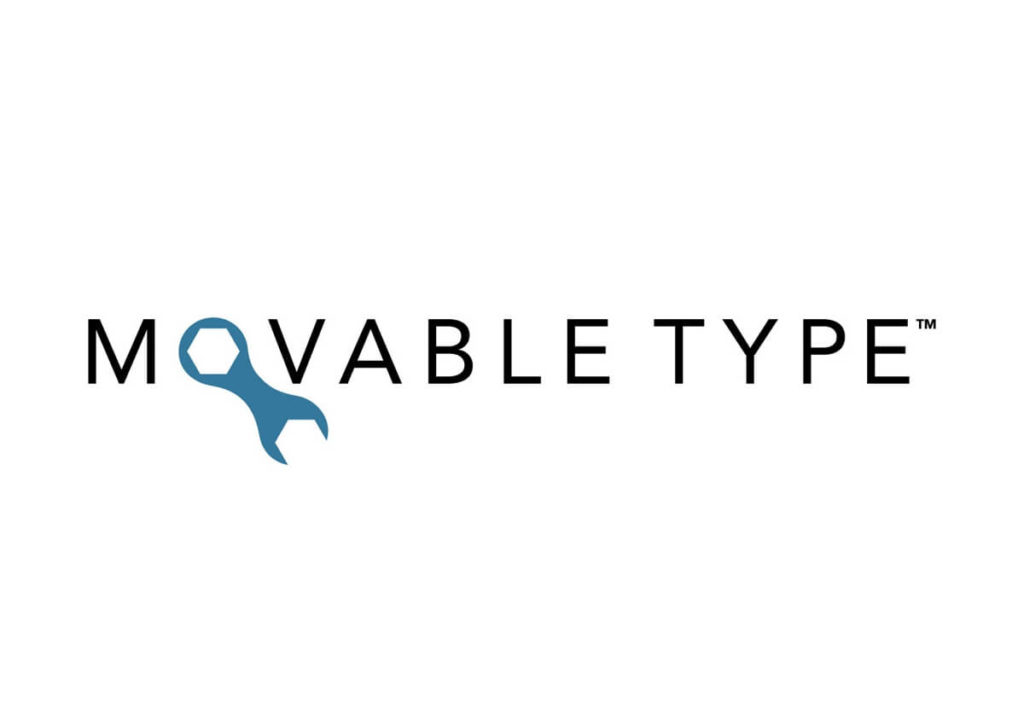
The Movable Type CMS is a blogging platform like WordPress, but it is written in Perl as opposed to PHP. Its major features include the ability to host multiple blogs, manage user roles, files, and standalone pages.
Movable Type is proprietary software and it is loved by many users for its simplicity and ease of use. It was very popular in the early days but has become overshadowed by WordPress.
A version of it is also available under the GPL as open-source software and this makes it interesting for coders who would love to experiment with the Perl programming language.
9. Weebly
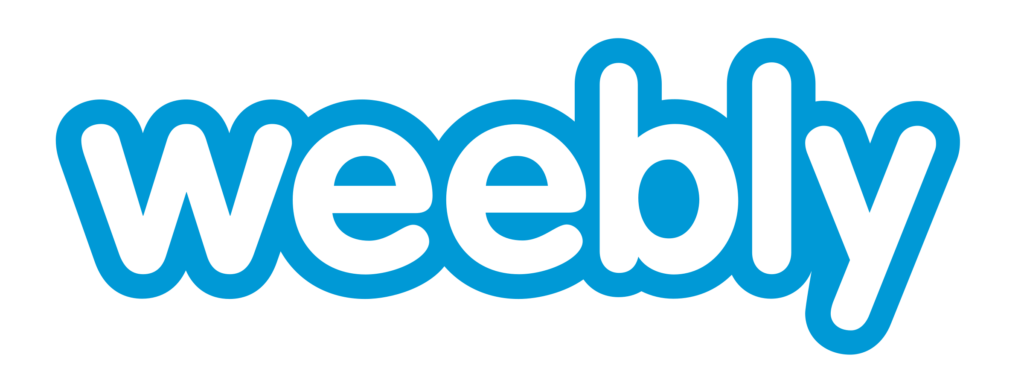
Designed for all web-designer levels, Weebly makes it easy to design and implement a website in a matter of minutes. It is intuitive and easy to use while offering many powerful features.
Weebly combines a free website builder with free hosting for its basic plan. But if you need to get more professional, then you can get a custom domain with no ads on the site for just $12 per month.
It comes with many customizable designs and tools to help you create and publish your website quickly. Then it also allows you to grow your website as your business grows.
10. Magnolia
Best AI-Powered CMS

The Magnolia CMS is a content management system in a class of its own. It is developed in Switzerland, based on the Java language, and perfect for companies that want the very best and can afford it.
Magnolia is a flexible system that fits any website’s needs. It is highly customizable, easy to use, and feature AI capabilities that reduce your workload and improve productivity.
One issue with this CMS, however, is the price. All pricing is done through quotes after the company evaluates your needs. But, if you can spend thousands of dollars per year on a CMS, then you will probably love Magnolia.
Conclusion
We have reached the end of this top 10 content management systems list and you have seen the market’s best offers, including the free, the cheap, and the expensive CMS packages.
Your company’s needs are as unique as your company itself, so you will have to pick what is best for your website, based on your needs.


